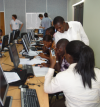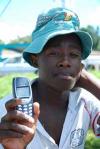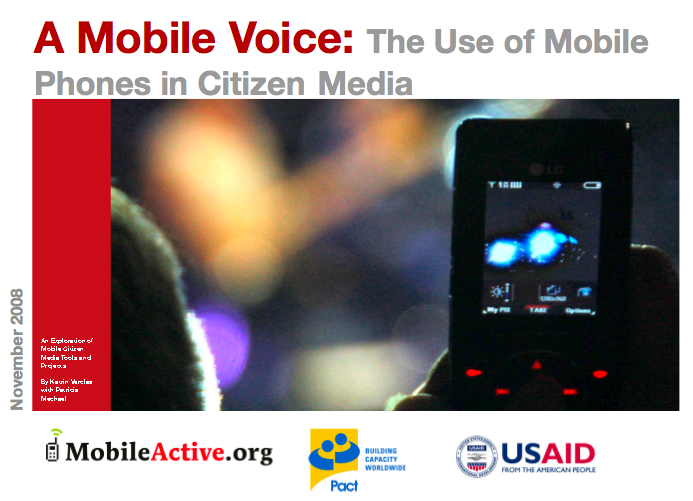Ethopia again this year has experienced crippling droughts. Faced with the possibility of famine, UNICEF Ethiopia launched a massive food distribution program to supply the high-protein food Plumpy'nut to under-nourished children using mobile phones for monitoring and delivering supplies its more than 1,8000 feeding centers in the country.
To coordinate the distribution and maintain appropriate stocks, field monitors reported on supplies and number of children fed through an SMS reporting system using a UNICEF-built mobile data collection and monitoring software, RapidSMS. We have previously reviewed RapidSMS here, comparing it with a less scaleable lower-end tool, Frontline SMS.
The emergency food supply chain before RapidSMS










